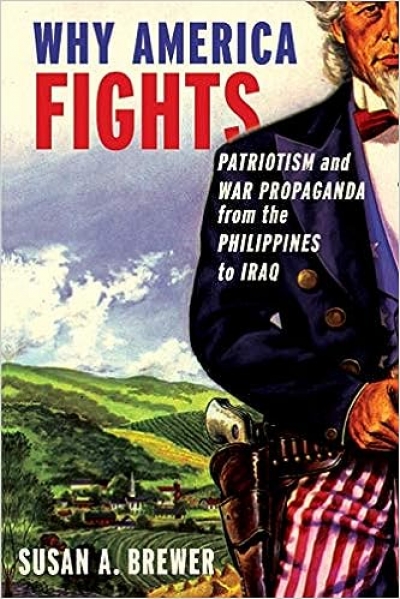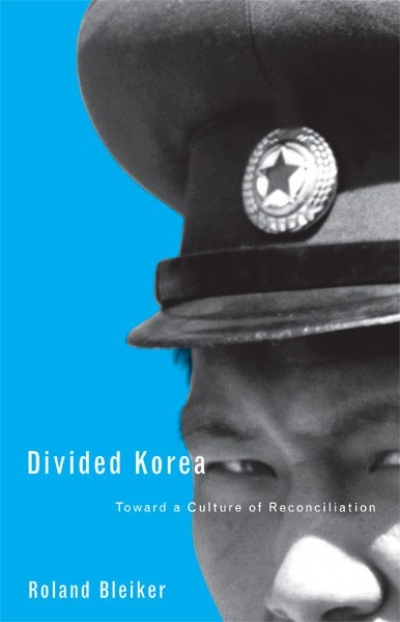‘The US scares North Korea.’ If you are George W. Bush or Dick Cheney, you may be satisfied with this statement by former US diplomat Donald Gregg. It might signify the success of American policy towards North Korea, a country you consider to be a dangerous ‘rogue state’ that is developing nuclear weapons and exporting missile technology, and that is led by a repressive totalitarian régime. The only way to deal with such governments, you believe, is through threats, deterrence and, if necessary, military action to degrade offensive military capabilities or even to remove them from power. But what if this brings us to the brink of disaster? In this timely and important book, Roland Bleiker exposes this schoolyard philosophy for what it is: a dangerous and simplistic recipe that has brought North-East Asia to the brink of war too many times in recent years. Ever since the North Koreans announced in 2002 that they were withdrawing from the Treaty on the Non-Proliferation of Nuclear Weapons (NPT) and were on the brink of developing a working nuclear capability other countries in the region have been justifiably alarmed.
...
(read more)


